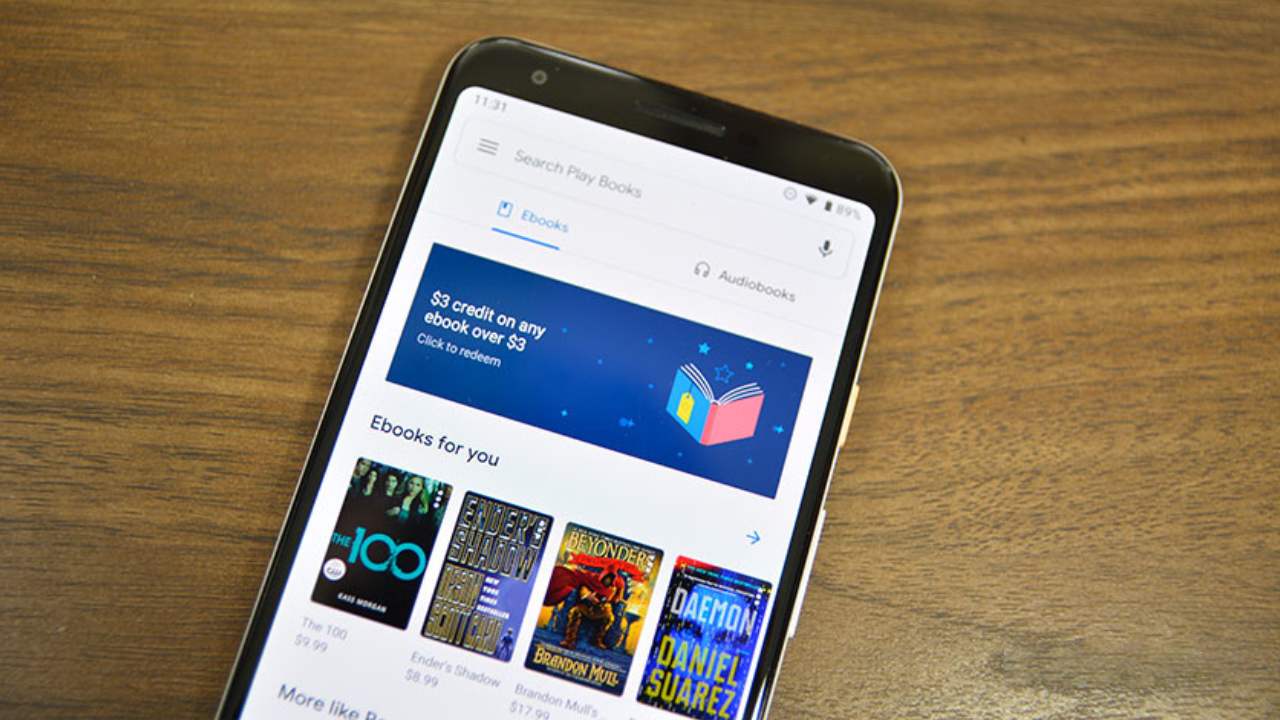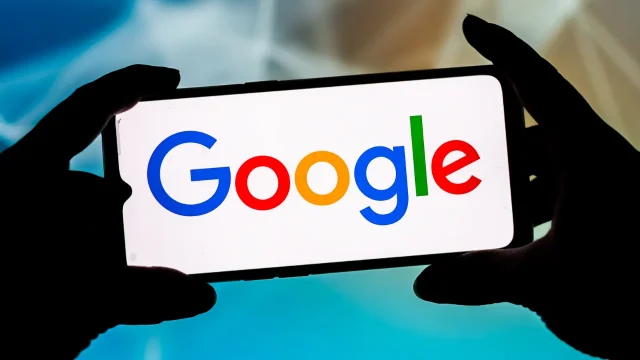Google Books has sparked a new debate about indexing low-quality content generated by artificial intelligence. For this reason, Google now also uses artificial intelligence-produced “garbage content” A lot of unnecessary information, called so-called, may also appear in the search results. This move greatly angered those who produce original content without using artificial intelligence. Here are the details…
Google will highlight poor quality books produced by artificial intelligence
These AI-generated books in search results are an important tool, especially for researchers who track language use historically. Google Ngram may affect the viewer. ChatGPT-produced books containing a meaningless sentence such as “As of my last information update” can now be easily found by searching.
Some AI-generated books, does not reflect current events And outdated information Contains. For example, “Bears, Bulls, and Wolves: Stock Trading for the Twenty-Year-Old” offers a shallow, Wikipedia-level analysis of financial markets.
In other examples, the AI’s knowledge updates are outdated, so books contain information that is outdated even at the time of publication. Google says these AI-generated books do not affect Ngram viewer results.
However, it is unclear whether these books will be filtered from the Ngram viewer’s datasets in the future. If AI-generated content begins to influence Ngram results, it could completely change the meaning and reliability of this tool that researchers use to track cultural shifts.

AI-generated texts can be included in Google Books, showing that they can be used to train new models. This risks AI content falling into a self-reinforcing cycle. Google also does not explain whether it has developed a policy for filtering AI-generated books from Google Books.
This shows that the proliferation of AI-generated texts has the potential to have serious impacts on both the accuracy of online content and academic research. Google’s approach and the measures it will take on this issue may be an important turning point in the world of digital publishing.
What kind of a change will the increasing presence and impact of garbage content that can lead to information pollution on the internet lead to in the digital world? What are you thinking? You can write your opinions in the comments section below.

